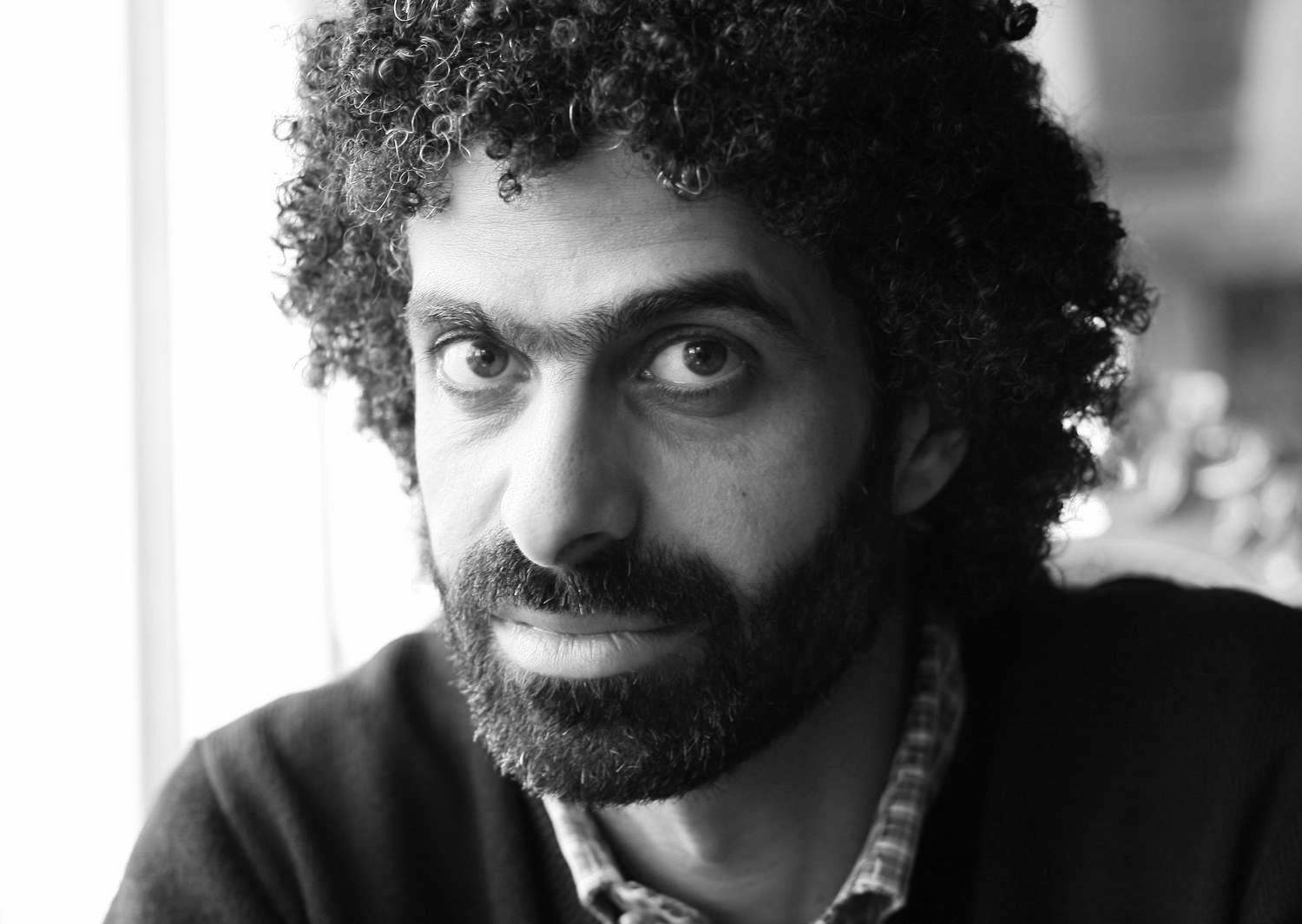By Rania Al Malky
CAIRO: As I write this editorial, history is once more being made in Tahrir Square. New Prime Minister Essam Sharaf, appointed on Thursday by the Supreme Council of the Armed Forces, joins a mass gathering in the epicenter of protests in Cairo to swear a symbolic oath to the Egyptian people.
A face-off Wednesday night between ex-PM Ahmed Shafiq and novelist Alaa El-Aswany on ON TV was the last nail in the coffin of a key remnant of the old regime. Clearly not the appropriate man to head Egypt’s government in this most sensitive of times, Shafiq had no option but to resign and as it has proven time and again, the Armed Forces willingly accepted, once more entrenching the belief that they are the protector of Egypt’s valiant January 25 Revolution and that the demands of the people are the dynamo powering their decisions.
Tahrir on Friday after prayers witnessed the public birth of a true politician, but this was not the first time for PM Sharaf to appear in the heart of the battle for democracy.
The Cairo University professor of highway engineering, who was a transport minister from July 2004 to December 2005, when he resigned following a train accident and amid differences with then-premier Ahmad Nazif, is no stranger to Tahrir Square. During the 18-day revolution that led to the ouster of the president, Sharaf led a group of university professors in a march at the square demanding the fall of the Mubarak regime, hence his popularity among youth coalition leaders who recommended him for a ministerial position in a new cabinet.
In just a few minutes on the podium as he was cheered by thousands of Egyptians present to welcome him Egypt’s temporary premier, Sharaf proved that he is the visionary politician Egyptians were seeking to steer the country through these difficult times. Coming across as honest, credible and not prone to political posturing, Sharaf sent the right message in simple words that hit the correct note both with the throngs in Tahrir and with the ruling army council.
Short and to the point, Sharaf began with an apology for not performing Friday prayers in the Square, but in the mosque. Then with incredible tact he followed that with an apology on behalf of the army for pushing some of the crowds in a clear reassertion of the military’s position as leader and protector. In a next move that particularly resonated with the people, he saluted the hundreds of martyrs and thousands who were injured in the revolution and those who participated in the protests.
In a genius turn that raised the ceiling of expectations, Sharaf went on to declare that he draws his legitimacy from the people in Tahrir and in all other squares in Egypt, emphasizing that if he fails to deliver his promises or to meet the peoples’ demands, he will move from where he is standing on the podium to the center of the square with the people. Responding instantly to the reactions of the crowd, who began calling for the dismantling of the hated state security apparatus, Sharaf promised an Egypt free of prisoners of conscience, where opinions will no longer be shackled inside prison cells.
Without actually spelling it out, Sharaf told Egyptians to end the sit-in. “You have achieved the lesser jihad [struggle],” he said, “now is the time to embark on the greater jihad of rebuilding Egypt.”
Again, he hit the nail on the head when he wrapped up his speech with “Raise your head up high, you’re Egyptian” and called for observing a moment of silence for the souls of the martyrs. Refusing to take the oath for his new post as the people asked him to, Sharaf promised to come back after following the protocol of being sworn in by the head of the armed forces, again proving his acute understanding of the sensitivity of his position and the need to show due respect to the armed forces.
The moment Sharaf appeared on the Tahrir podium will perhaps prove to be a more decisive moment in Egypt’s unfolding modern history than that of ousted president Mubarak’s departure. This was a man who from day one has brought back the notion of public service to government officials. It will no longer be acceptable for cabinet ministers to “rule” from their ivory towers, not only losing all touch with the only real source of strength and legitimacy for any government, but even having the arrogance to dismiss peoples’ demands as those of the “ignorant mob.”
But when he enters the PM’s office this week, Sharaf has his work cut out for him. Gripped by a crime wave with some incidents involving armed robbery, arson and street battles between gangs, Egyptians have struggled to protect themselves and their property in the complete absence of police whose officers are too frightened to resume duty following brutal attacks on them. The return of law and order must be Sharaf’s top priority because without it, the fast-collapsing economy will never be salvaged in time to avert a major crisis that may take years to overcome.
The effects of the closure of the stock market, the catastrophe that hit the tourism sector, and the almost complete loss of investor confidence caused by the dozens of criminal investigations into corruption allegations against senior officials from the former regime, will not be countered unless the government exercises complete transparency and accountability and proves to the public, in the public space, that justice is being served.
The ongoing proceedings of the fact-finding mission into the crimes committed against protesters by police in the early days of the protests and on Black Wednesday — Feb. 2 — in what came to be known as the Battle of the Camel, are the starting point of rebuilding the bridges of trust between the government and the people.
But trust is a two-way road. Just as Sharaf has taken the first step towards building this trust, those staging the permanent sit-in in Tahrir must reciprocate by evacuating the square as a sign of goodwill. Rebuilding Egypt will not happen overnight, but if we don’t all back the new PM we will all become guilty of the imminent failure of the Egyptian state as a whole, which was never part of the noble calls for the fall of the previous corrupt regime that heralded these seismic changes.
Now is the time to take a deep breath, go back to work and prepare ourselves to vote on the referendum on constitutional amendments. More on that next week.
Rania Al Malky is the Chief Editor of Daily News Egypt.



